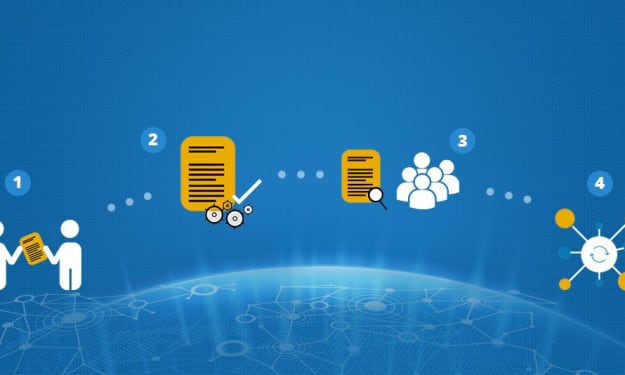Artificial Intelligence in Healthcare: Revolutionizing Diagnostics and Treatment
AI Health Care

In recent years, artificial intelligence (AI) has emerged as a groundbreaking technology that is transforming various industries, including healthcare. With its ability to analyze vast amounts of data and extract valuable insights, AI is revolutionizing diagnostics and treatment methods in the healthcare sector. This article delves into the applications of AI in healthcare, exploring its potential to enhance diagnostics and treatment, improve patient outcomes, and alleviate the burden on healthcare professionals.
AI in Medical Imaging
One area where AI is making significant strides is medical imaging. AI algorithms can analyze medical images such as X-rays, CT scans, and MRIs with remarkable accuracy. By employing deep learning techniques, AI systems can quickly and accurately detect anomalies, identify potential diseases, and assist radiologists in making diagnoses. This not only speeds up the diagnostic process but also enhances accuracy, reducing the chances of misdiagnosis.
Moreover, AI-based imaging systems can be trained to detect subtle patterns and markers that are often missed by human observers. This capability allows for early detection of conditions such as cancer, cardiovascular diseases, and neurological disorders, leading to timely interventions and improved patient outcomes.
AI-Assisted Diagnostics
In addition to medical imaging, AI is transforming diagnostics across various medical specialties. By analyzing patient data, including medical history, symptoms, and lab results, AI algorithms can generate differential diagnoses and provide valuable insights to healthcare professionals. This helps in identifying rare diseases, complex conditions, and potential treatment options that may not have been considered otherwise.
Furthermore, AI-powered diagnostic tools can assist in risk prediction and prognostic assessments. By analyzing a vast amount of patient data and considering numerous variables, AI models can predict the likelihood of disease progression, response to treatment, and potential complications. This enables healthcare providers to personalize treatment plans and optimize patient care.
Precision Medicine and Drug Discovery
AI is also playing a crucial role in advancing precision medicine and drug discovery. With its ability to analyze genomics, proteomics, and other molecular data, AI can identify patterns and biomarkers associated with specific diseases. This information allows for targeted therapies, where treatment plans can be tailored to an individual's genetic makeup, increasing the chances of successful outcomes.
Moreover, AI algorithms can expedite the drug discovery process by analyzing vast databases of existing drugs and identifying potential candidates for repurposing. This approach saves time and resources by focusing on drugs that have already undergone safety testing, accelerating the development of new treatment options.
AI-Enabled Remote Monitoring and Predictive Analytics
The integration of AI with remote monitoring devices and wearable technology is revolutionizing patient care outside traditional healthcare settings. By continuously collecting and analyzing patient data, AI algorithms can provide real-time insights and predictions, enabling early detection of deteriorating health conditions and proactive interventions. This is particularly beneficial for patients with chronic diseases, as it allows for timely adjustments to treatment plans and reduces the need for hospital readmissions.
Furthermore, AI-powered predictive analytics can identify trends and patterns in population health data, enabling public health agencies to implement targeted interventions and preventive measures. By proactively addressing potential health risks, AI helps in disease prevention and population health management.
Conclusion
Artificial intelligence is ushering in a new era of diagnostics and treatment in the healthcare industry. From enhancing medical imaging and diagnostics to enabling precision medicine and improving remote monitoring, AI is revolutionizing healthcare delivery. The applications of AI in healthcare have the potential to enhance patient outcomes, increase efficiency, and reduce healthcare costs. However, it is crucial to address ethical considerations, data privacy, and ensure that AI algorithms are transparent, explainable, and unbiased. As AI continues to evolve and mature, it holds the promise of transforming healthcare into a more precise, personalized, and accessible field, benefiting patients and healthcare professionals alike.
About the Creator
Steephens Justin Raj
Steephens Justin Raj from Kerala, India. An accomplished research scholar and motivational speaker, embracing Cultural Diversity.






Comments
There are no comments for this story
Be the first to respond and start the conversation.